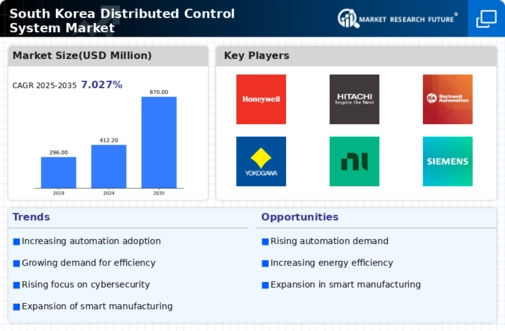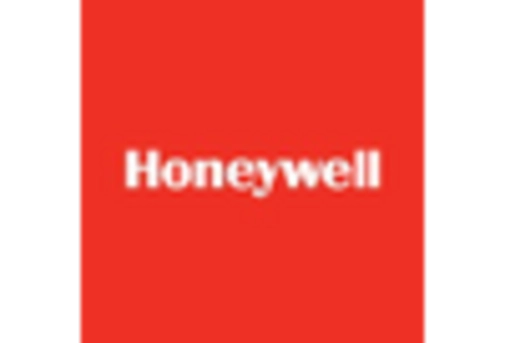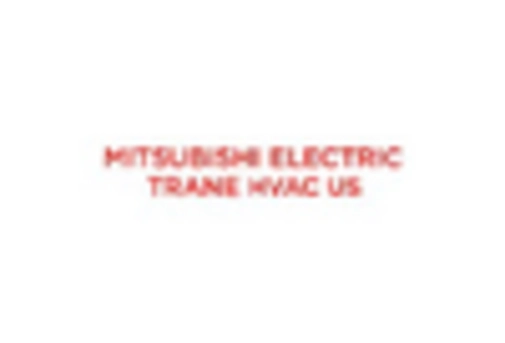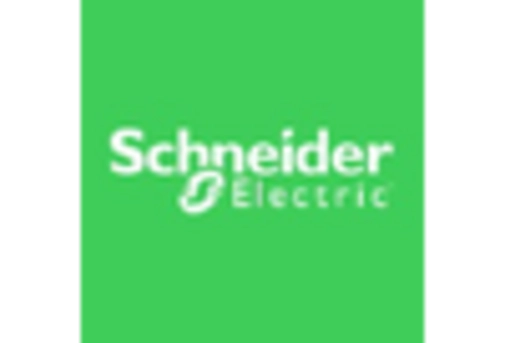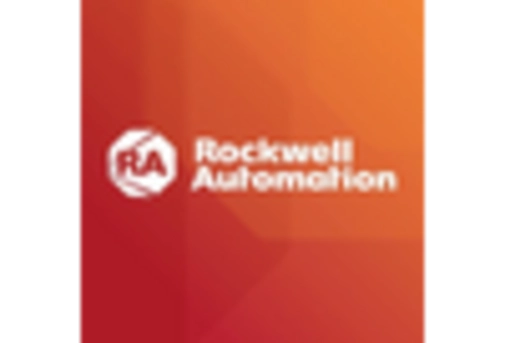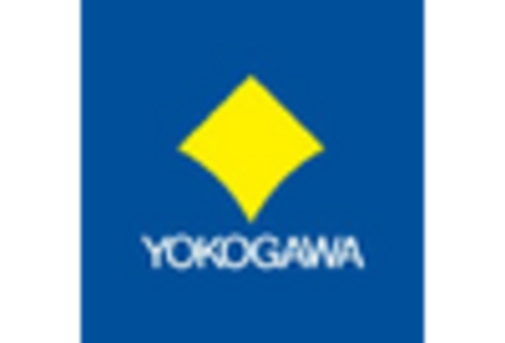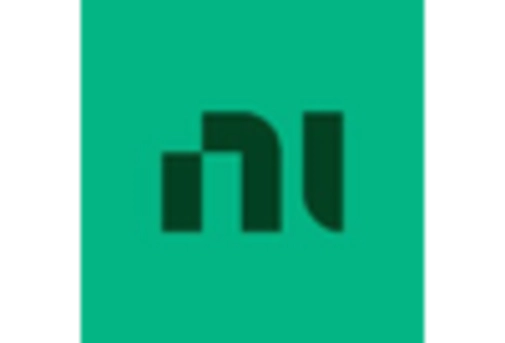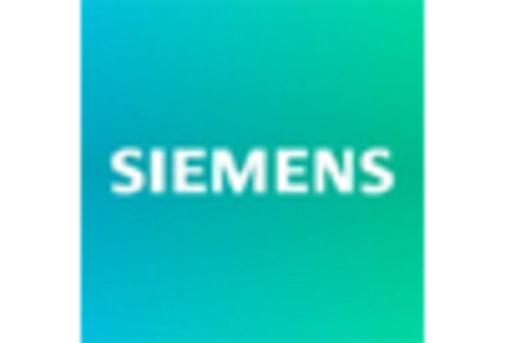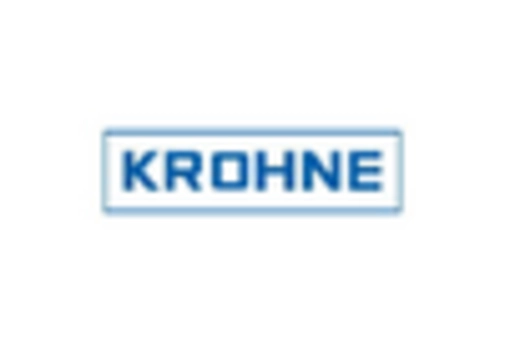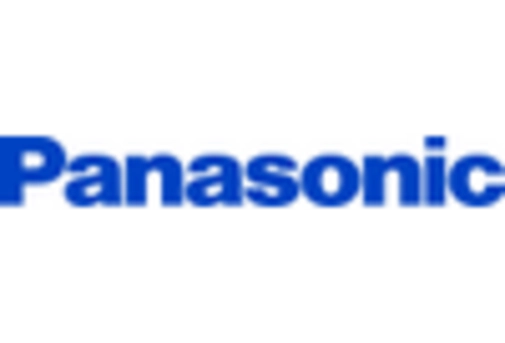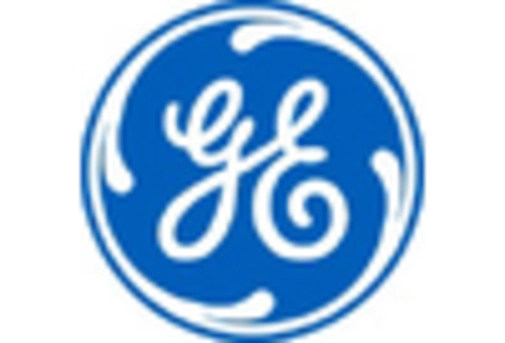South Korea Distributed Control System Market Summary
The South Korea Distributed Control System Market is projected to grow significantly from 412.2 USD Million in 2024 to 870 USD Million by 2035.
Key Market Trends & Highlights
South Korea Distributed Control System Market Key Trends and Highlights
- The market is expected to exhibit a compound annual growth rate of 7.03 percent from 2025 to 2035.
- By 2035, the market valuation is anticipated to reach 870 USD Million, indicating robust growth potential.
- In 2024, the market is valued at 412.2 USD Million, reflecting a strong foundation for future expansion.
- Growing adoption of automation technologies due to increasing industrial efficiency demands is a major market driver.
Market Size & Forecast
| 2024 Market Size | 412.2 (USD Million) |
| 2035 Market Size | 870 (USD Million) |
| CAGR (2025-2035) | 7.03% |
Major Players
Honeywell, Hitachi, Rockwell Automation, Yokogawa Electric, National Instruments, Siemens, KROHNE, Emerson, Panasonic, General Electric, ASEA Brown Boveri, Babcock and Wilcox, Mitsubishi Electric, Schneider Electric, ABB


